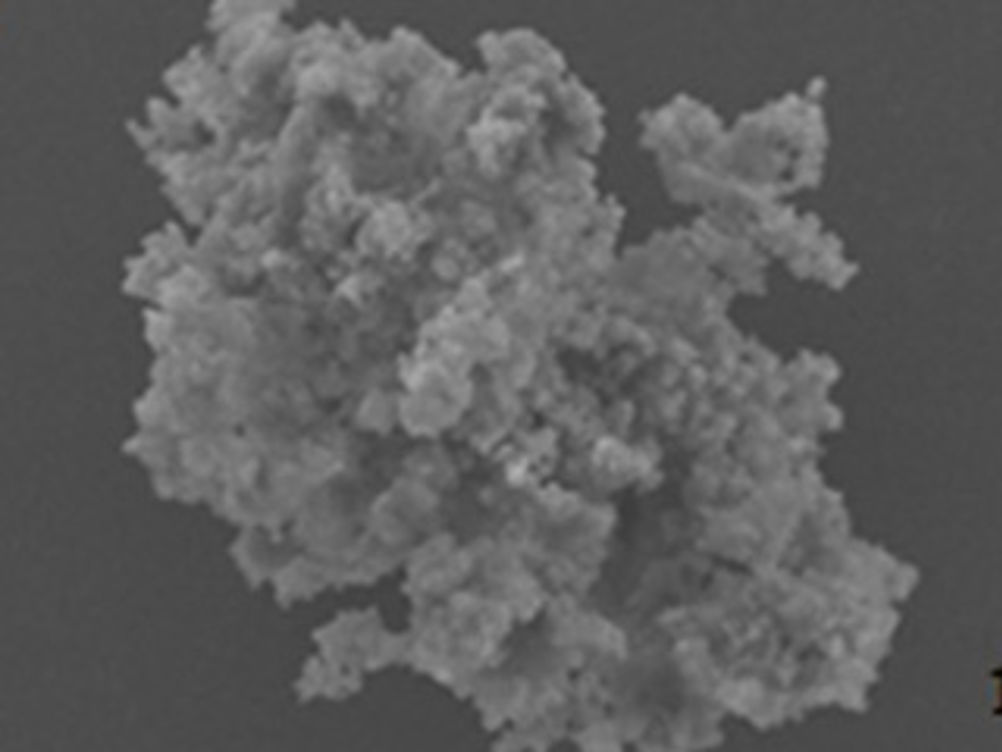The polymer also has the potential to help solve stubborn water quality issues.
Three members of the CMU chemistry and engineering faculty – Brad Fahlman, Itzel Marquez and Anja Mueller – are working on two types of filters using the polymer to remove ammonia and a form of arsenic in a water filtration system.
A graphitic material composed with the polymer would do the heavy lifting. The process begins in a lab where contaminants are imprinted on the polymer. Those contaminants are then removed from the polymer, leaving tiny indentations that fit the contaminant like a key in a lock, says Fahlman.
The CMU research team is looking at two applications to clean water. One involves a membrane, which is Mueller’s specialty. Marquez is working on the other angle, mixing the polymer and contaminated water in a filter similar to a home pitcher.
The membrane theoretically would work faster, but that brings its own challenges, says Mueller, as it must permit water to flow through it without breaking.
The polymer looks something like a mini asteroid, with lots of folds and bulges which help it attract and trap other contaminants.
Once fully developed, the polymer filters would work as one component of a larger filtration system. Marquez says that portability is part of the end goal.
The polymer technology has far-reaching potential, according to Fahlman. It can be replicated to remove a wide range of contaminants, including some that are currently proving difficult like PFAS.








